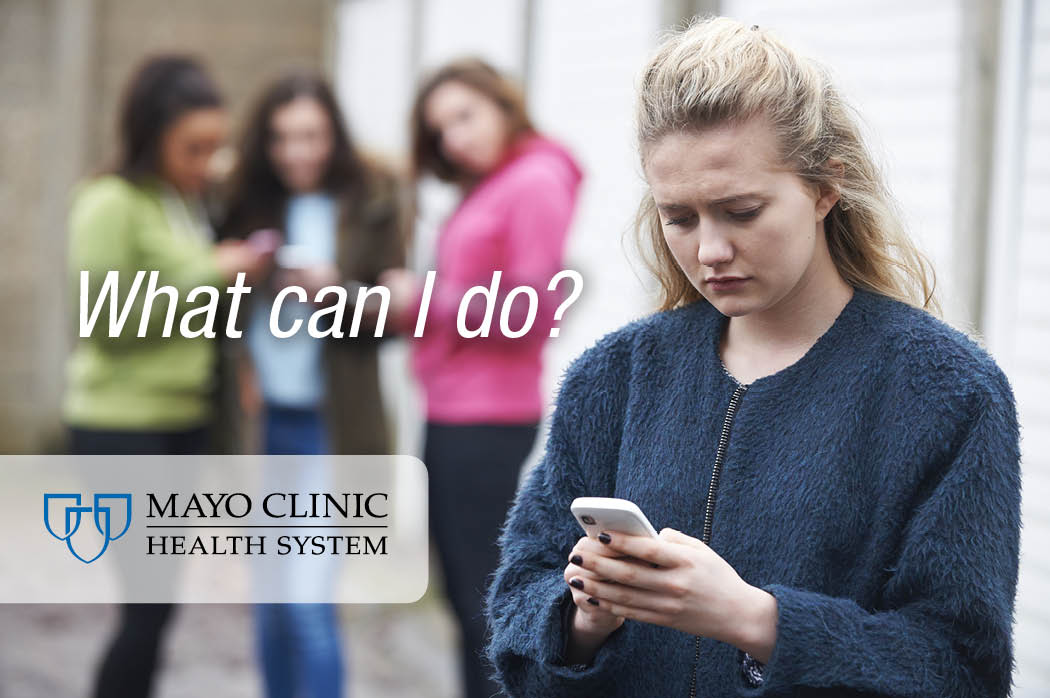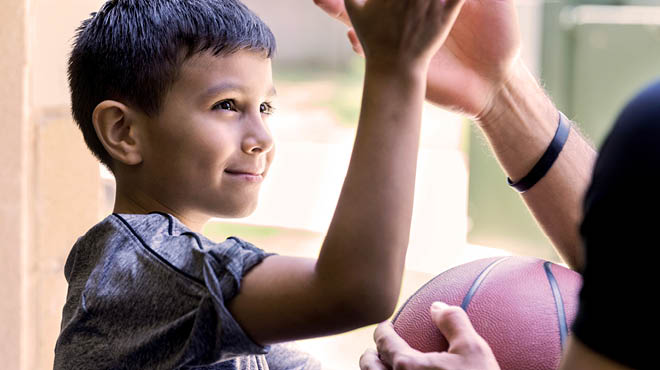Recent Posts
Have you talked to your children about alcohol use?

Children are constantly challenged to decipher the messages they see and hear about alcohol, not only from the ads they see on TV but also from social media, friends, billboards, clothing and more.
But are the messages children receive facts or myths? Are the messages the ones you want adolescents and young adults to have as they're faced with making a big choice — deciding whether or not they want to consume an alcoholic drink?
As a parent, there are benefits to having crucial conversations about alcohol use with your children, according to statistics from the National Institute on Alcohol Abuse and Alcoholism (NIAAA). Around 80% of teens feel that parents should have a say in whether or not they drink alcohol. Talking with children helps ensure they're receiving the facts and developing healthy refusal skills in situations involving alcohol.
Facts to know about alcohol use:
- More than 29 million people ages 12 and older have alcohol use disorder. The disorder is identified by patterns of alcohol use that involve a problem controlling drinking, being preoccupied with alcohol and continuing to use alcohol even after it causes problems.
- An estimated 894,000 adolescents ages 12 to 17 have alcohol use disorder.
- An estimated 140,000 people ― approximately 97,000 men and 43,000 women ― die from alcohol-related causes annually, according to the NIAAA
- Research has shown that people who drink excessively have a greater risk of liver disease, heart disease, depression, stroke and stomach bleeding, as well as cancers of the oral cavity, esophagus, larynx, pharynx, liver, colon and rectum.
- Studies indicates that alcohol use during the teenage years can interfere with normal adolescent brain development and increase the risk of developing alcohol use disorder. In addition, underage drinking contributes to a range of acute consequences, such as injuries, sexual assaults and alcohol overdoses, as well as deaths, including those from motor vehicle crashes.
- Alcohol-related problems cost America $249 billion in lost productivity, absenteeism, healthcare costs, crime and family problems.
Identifying, preventing alcohol-related issues
Early intervention can prevent alcohol-related problems.
Be alert to signs and symptoms that may indicate your children may have a problem with alcohol, including:
- Declining grades and problems in school
- Difficulties or changes in relationships, such as joining a new group of friends
- Frequent mood changes and defensive behavior
- Loss of interest in activities, hobbies and personal appearance
- Red eyes, slurred speech, problems with coordination and memory lapses
You also can help your children avoid alcohol problems by:
- Connecting with other parents about sending clear messages stressing the importance of youth not drinking alcohol.
- Encouraging your children to participate in healthy, fun activities that don't involve alcohol.
- Getting to know your children's friends.
- Letting your children know what behavior you expect and the consequences for not following the rules.
- Not making alcohol available.
- Serving as a positive role model.
- Setting a good example with your alcohol use.
- Supervising all parties to ensure there's no alcohol.
- Talking openly with your children and having regular conversations about their lives.
Caring adults in children's lives have the power of influence. Talk with your children about the dangers of alcohol. It could save their lives.
Learn more about alcohol and other substance abuse.
Tyler Oesterle, M.D., is a addiction treatment physician in Rochester, Minnesota.





